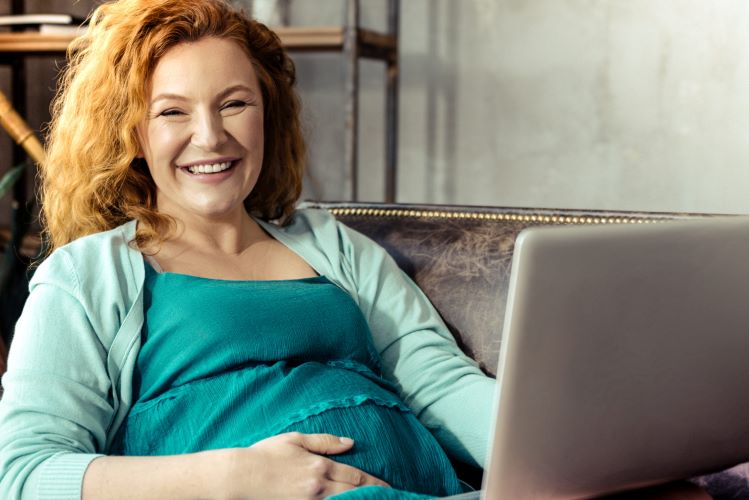Why does it get difficult to get pregnant in your mid and late 30s?

Dr Sonal Singhal
As females, we possess all the eggs we will ever have right from birth. Which means the eggs responsible for conceiving offspring at ages 20, 30, or even 45 are present since our infancy. The longer these eggs exist, the greater the likelihood of encountering chromosomal abnormalities leading to conditions like Down syndrome, especially after the age of 35. Statistically speaking, a woman’s highest fertility levels are typically observed during her teenage years and twenties. By the age of 30, fertility gradually begins to decline, although most women do not encounter significant difficulties during the early part of this decade. Even as one approaches the latter part of their thirties, the likelihood of conceiving within a year remains relatively high. Additionally, as we age, the quantity of eggs diminishes, reducing fertility. Beyond the mid-30s, the risks associated with pregnancy escalate.
Older mothers face heightened chances of miscarriage, stillbirth, gestational diabetes, preeclampsia, and delivering underweight babies. Labor complications and an increased likelihood of cesarean births also become more prevalent. Moreover, older mothers are at a higher risk of developing blood clots, particularly deep vein thrombosis during pregnancy. As one surpasses the age of 35, the incidence of these conditions further amplifies. While there are certain risks associated with pregnancy in one’s thirties, it’s important to note that the likelihood of conception remains quite favorable, particularly during the earlier years of this decade. While turning 35 holds significance in terms of pregnancy risks, it doesn’t entail a sudden transformation in health. Rather, the risks compound gradually over time, influenced by individual health backgrounds and other variables.
Adopting a holistic approach is vital for ensuring a safe pregnancy in your late 30s. Here are some tips to consider if you planning to get pregnant in your 30’s:
It’s advisable for women in this age group to undergo pre-conception counseling, which involves assessing health risks, reviewing medical history, and optimising overall health before conceiving.
Another important factor to consider is to get screened and treated for sexually transmitted infections (STIs)are crucial to prevent pregnancy complications.
A healthy lifestyle, encompassing a balanced diet, regular exercise, and effective stress management, plays a significant role in enhancing fertility and promoting favorable pregnancy outcomes.
Additionally, taking prenatal vitamins containing folic acid, attending regular prenatal care appointments, and considering genetic counseling/testing contribute to monitoring and addressing potential complications.
Monitoring blood sugar levels, maintaining a healthy weight, seeking emotional support, and prioritising self-carefurther contribute to a healthy pregnancy experience.
Close collaboration with healthcare providers ensures optimal care and addresses concerns associated with advanced maternal age.
Dr Sonal Singhal is Senior Consultant – Obstetrician &
Gynaecologist, Motherhood Hospital, Gurugram


